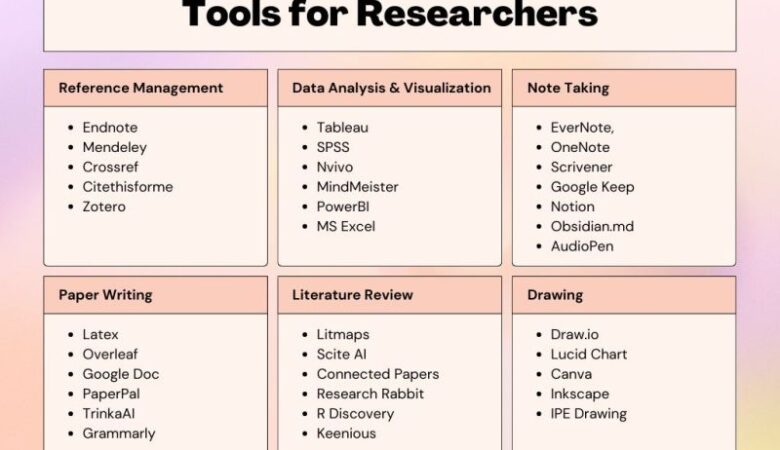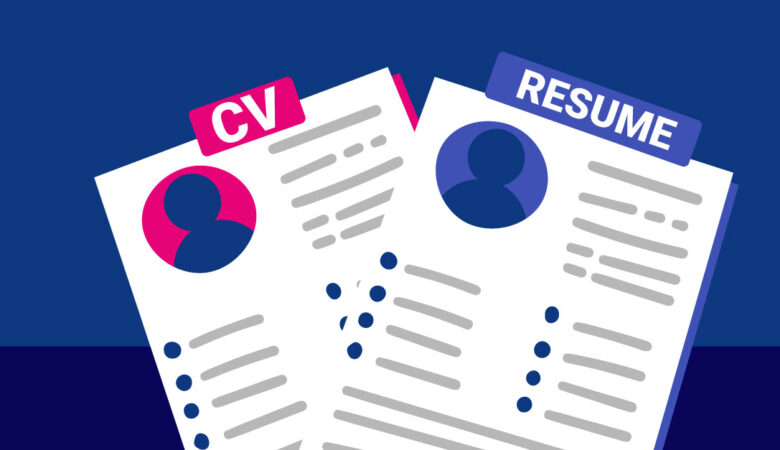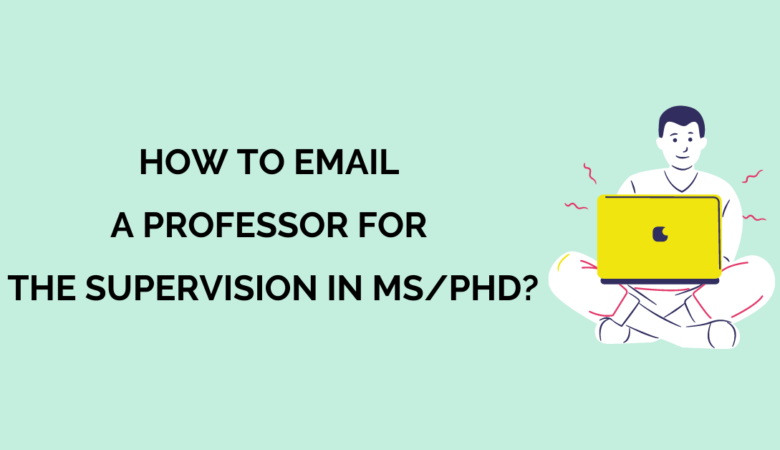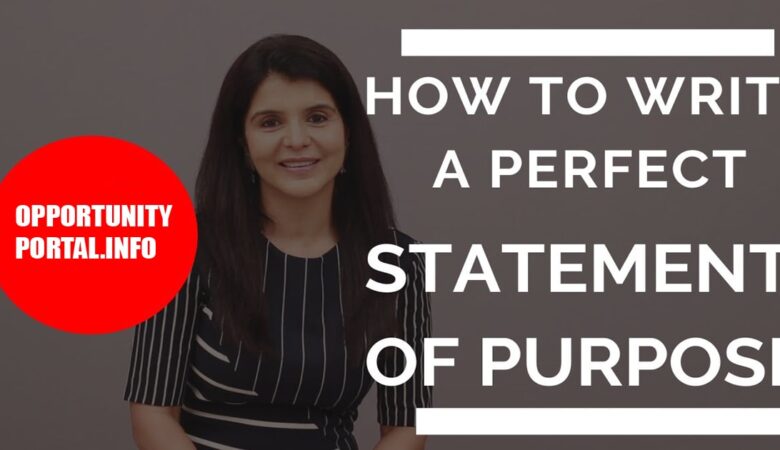Sending emails to professors for acceptance letters is a crucial step in the academic journey. Whether you are applying for a scholarship, a research opportunity, or admission to a prestigious program, a well-crafted email can significantly increase your chances of receiving a favorable response. In this article, we will explore the essential steps and tips to effectively communicate with professors and increase the likelihood of obtaining an acceptance letter.
Table of Contents
Research and Personalization
Before drafting an email, it is essential to conduct a thorough research about the professor and their area of expertise. Familiarize yourself with their recent publications, research projects, and academic achievements. This information will not only help you understand the professor’s interests but also demonstrate your genuine interest in their work.
Tailoring the email for each professor is equally important. Avoid using generic templates and take the time to customize each message based on the professor’s background and accomplishments. Personalization shows that you are genuinely interested in working with them and are not sending mass emails.
Also Check: Fully Funded Atlas Corps Scholarship In USA 2024
Crafting a Professional Email
A well-structured and professional email can make a lasting impression on professors. Here are some key elements to include in your email:
Clear and Concise Subject Line: Use a subject line that clearly indicates the purpose of your email. Keep it concise and specific to grab the professor’s attention.
Polite Greeting and Introduction: Start your email with a respectful greeting, addressing the professor by their title and last name. In the introduction, mention your name, academic background, and the purpose of the email.
Expressing Interest and Purpose: Clearly state why you are reaching out to the professor. Express your interest in their work and explain the specific reason for contacting them, such as seeking guidance, expressing interest in their research, or requesting a letter of acceptance.
Showcasing Relevant Qualifications: Highlight your relevant academic achievements, research experiences, and any other qualifications that align with the professor’s area of expertise. However, avoid boasting or exaggerating your accomplishments.
Also Check: Asia Pacific University Japanese Government Scholarship 2024 (Fully Funded)
Formatting and Tone
A well-formatted email is easy to read and navigate. Use short paragraphs and bullet points to organize the content effectively. Maintain a friendly and respectful tone throughout the email. While it is essential to be professional, being overly formal can create unnecessary barriers.
Avoiding Common Mistakes
To ensure your email stands out for the right reasons, avoid these common mistakes:
Grammar and Spelling Errors: Proofread your email thoroughly and use grammar-checking tools to eliminate any mistakes.
Lengthy and Irrelevant Information: Keep your email concise and relevant. Professors receive numerous emails daily, so they appreciate emails that get to the point quickly.
Overuse of Formal Language: While professionalism is vital, excessive use of formal language can make your email sound robotic. Strive for a balanced tone that feels conversational and respectful.
Follow-Up and Patience
If you don’t receive an immediate response, don’t be discouraged. Professors are busy individuals, and it may take some time for them to reply. A gentle follow-up email after a reasonable interval can demonstrate your continued interest. However, avoid being pushy or demanding.
Also Check: University of Tasmania Australian Government Scholarship 2024 (Fully Funded)
Email Sample to Professor for Acceptance letter
Subject: Request for Acceptance Letter – [Your Full Name]
Dear Professor [Professor’s Last Name],
I hope this email finds you well. My name is [Your Full Name], and I am writing to express my sincere interest in joining [University/Department Name] for [Program/Ph.D. position] beginning in [Month, Year]. I am highly impressed by the outstanding research and academic contributions made by the faculty at [University/Department Name], and I am eager to contribute to and be a part of this esteemed institution.
I have recently completed my [Undergraduate/Master’s degree] in [Your Field of Study] from [Your Current University] with a [GPA/Percentage/Class Rank], and throughout my academic journey, I have been deeply involved in various research projects and extracurricular activities that have enhanced my skills and knowledge in [Your Area of Expertise].
After carefully reviewing your research work and publications, I have found that your research interests align perfectly with my own aspirations. Your innovative contributions in the field of [Professor’s Research Area] have been particularly inspiring to me, and I believe that working under your guidance will provide me with the ideal platform to further develop my research capabilities.
I kindly request you consider me as a potential candidate for admission to the [Program/Ph.D. position] at [University/Department Name]. I have attached my detailed curriculum vitae (CV) and academic transcripts for your perusal. If there are any additional application materials or information required, please do not hesitate to let me know.
I understand that the admission process can be highly competitive, but I assure you of my utmost dedication and commitment to making meaningful contributions to the academic community at [University/Department Name]. If granted the opportunity, I am confident that I will not only excel in my academic pursuits but also collaborate effectively with fellow researchers and faculty members.
Thank you very much for taking the time to consider my application. I am eagerly looking forward to your positive response. Please feel free to contact me at [Your Email Address] or [Your Phone Number] if you require any further information.
Once again, thank you for considering my application. I am enthusiastic about the prospect of joining [University/Department Name] and contributing to the research excellence for which it is renowned.
Sincerely,
[Your Full Name] [Your Email Address] [Your Phone Number] [Your Current Address]
Conclusion
Crafting effective emails to professors for acceptance letters is an art that can significantly impact your academic and professional endeavors. By conducting thorough research, personalizing each email, maintaining a professional yet friendly tone, and avoiding common mistakes, you increase the likelihood of receiving positive responses from professors.
FAQs
Should I use a formal tone when emailing professors? While it’s essential to be respectful, using a slightly informal tone can make your email more engaging and approachable.
Is it necessary to mention my achievements in the email? Yes, mentioning relevant achievements can showcase your qualifications and genuine interest in the professor’s work.
How long should my email be? Keep your email concise, ideally within one page. Professors receive many emails, so a brief and focused message is appreciated.
What if I don’t receive a response after sending a follow-up email? Be patient and give the professor more time. If you don’t hear back, consider exploring other opportunities as well.
Can I send the same email to multiple professors? While it’s acceptable to use a template, make sure to personalize each email to show genuine interest in working with each professor.
Please Subscribe to Our Telegram Channel And WhatsApp Channel To Get The Latest Scholarship Updates.
Please Check Out Our LinkedIn Company Page And LinkedIn Group And Get All the Latest Scholarships Updates.
Also Check: University of Waterloo Canada Scholarships 2024 (Funded)







Here in Africa,Ethiopia,Oromia,Wollega zone there is a ‘melting stone ‘
Rular even urban residents use it as energy source ,it is quit different from charcoal
I what to study it’s type and it’s advantage beside this if you and your institution helps me.
Currently I have Msc. degree in physics ,what to study my PhD by Earth science
I am interested in master degree and PhD
I am interested in studying in the USA as an undergraduate